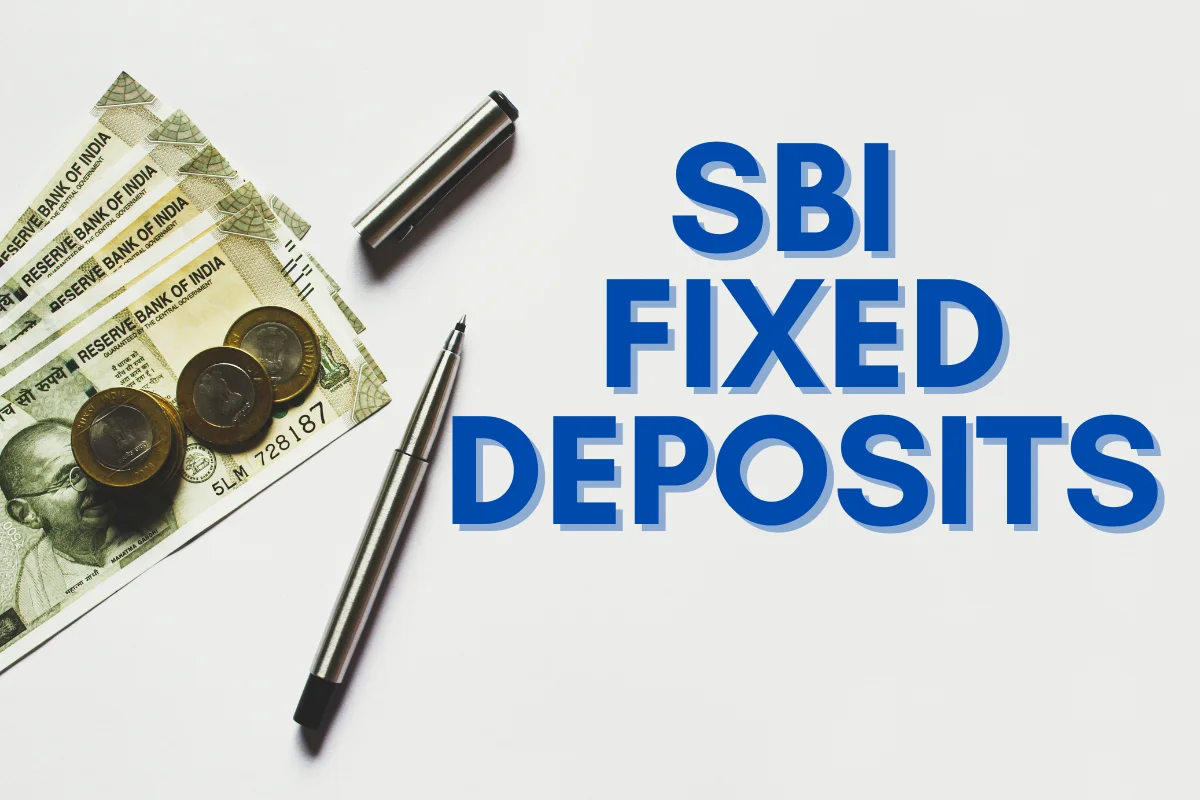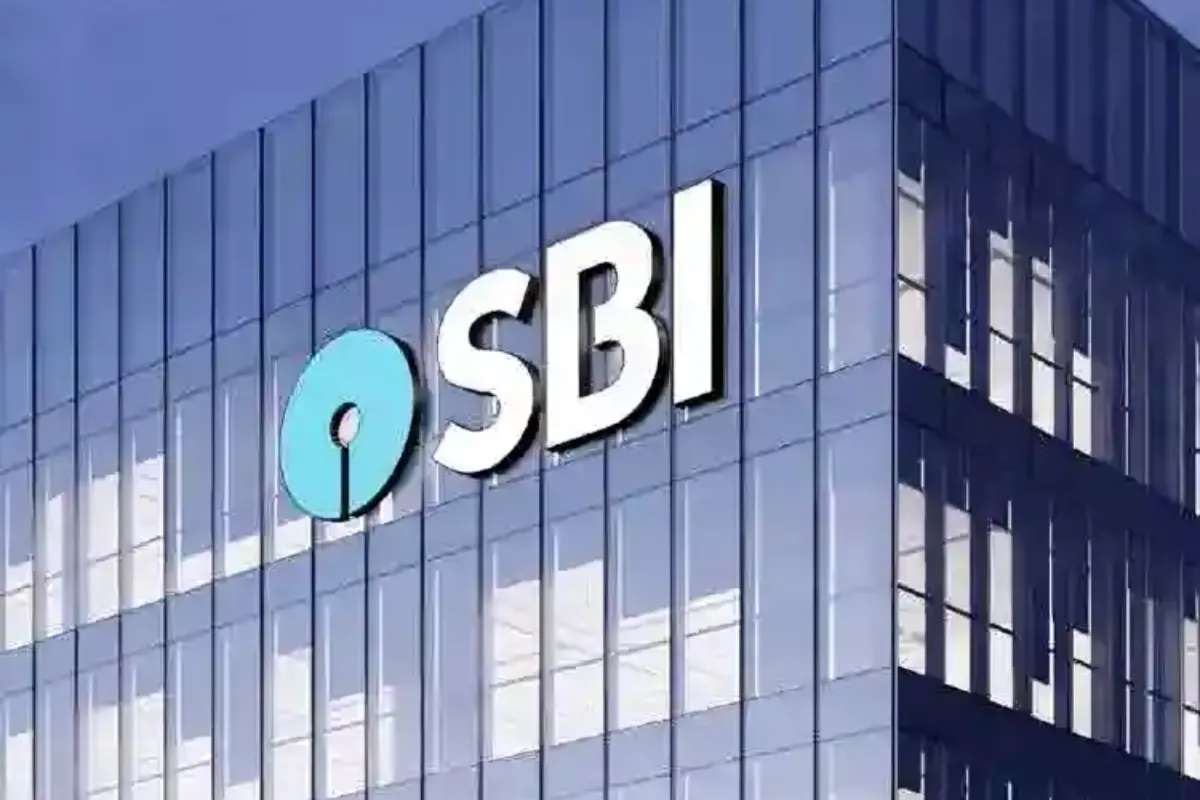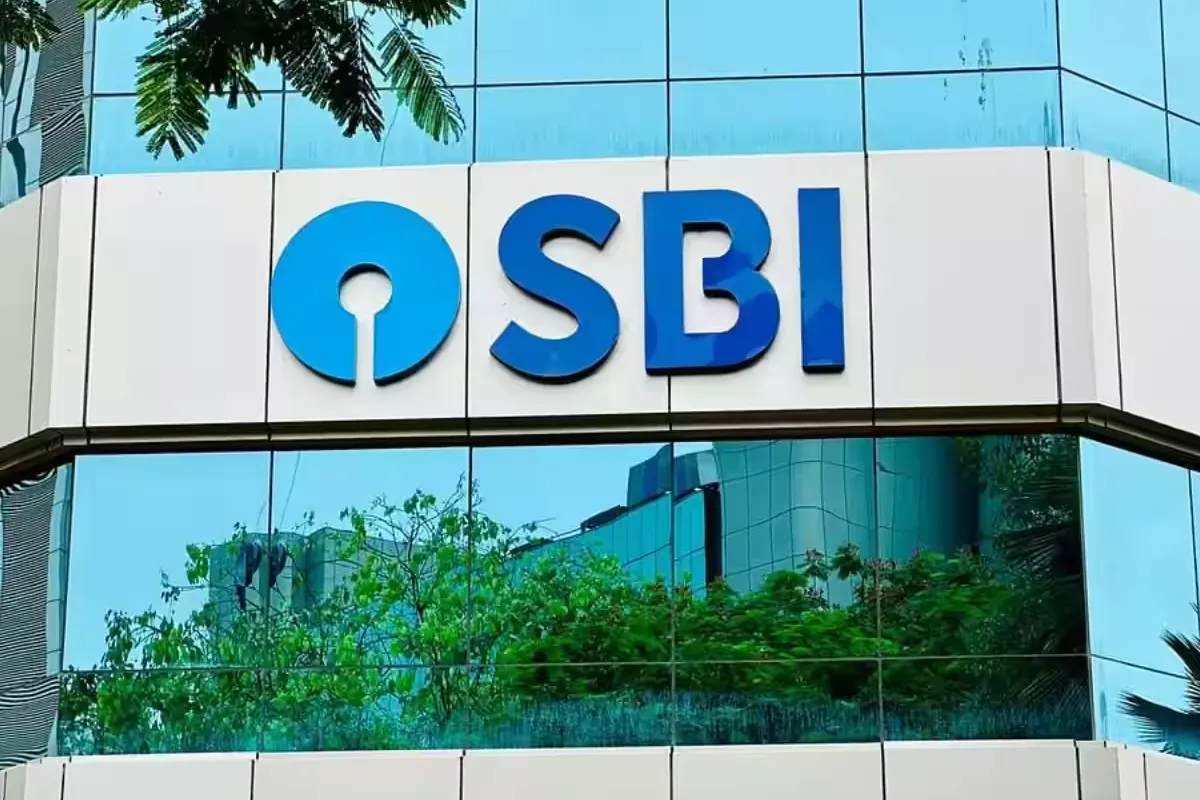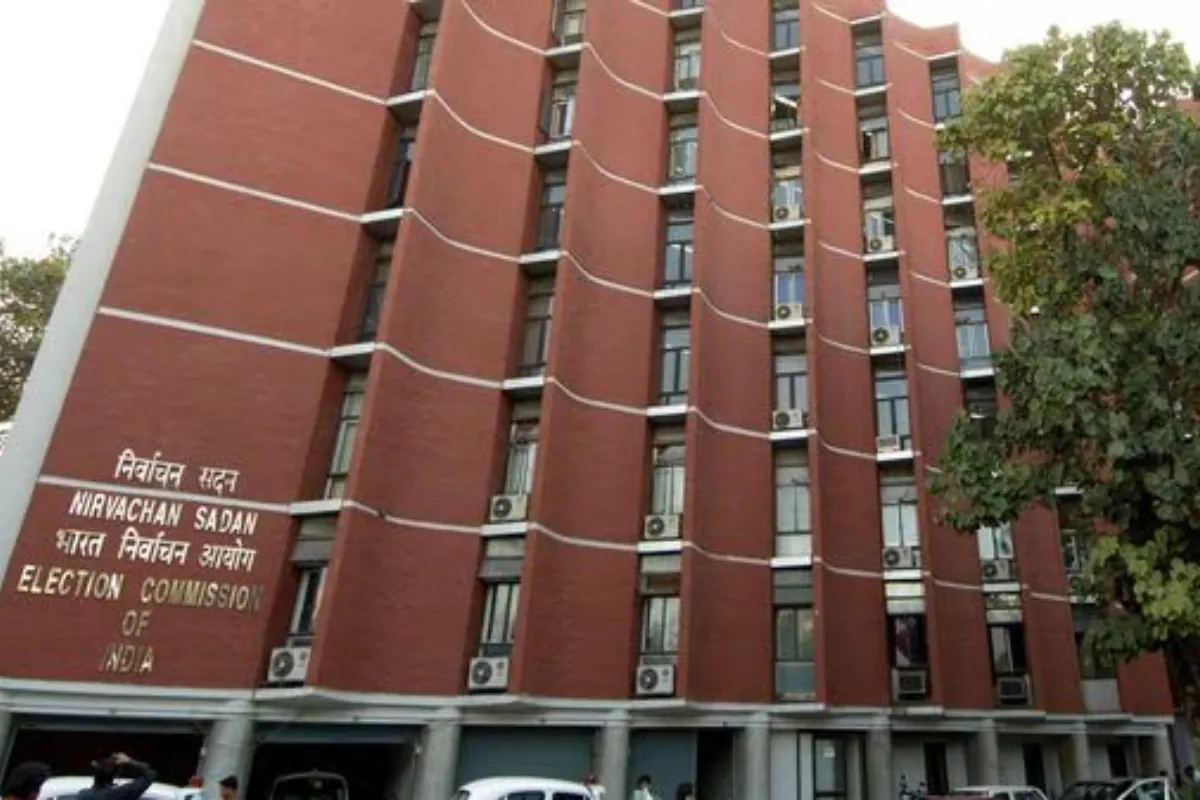Investing in the stock market carries inherent risks, making it unsuitable for all investors. For those seeking a secure and stable option, Bank Fixed Deposits (Bank FDs) emerge as a reliable choice. State Bank of India (SBI), the country’s largest public lender, offers FDs with maturities ranging from 7 days to 10 years, providing a steady avenue for fixed income.
Senior Citizen Advantage: Higher Returns on SBI FDs
One notable feature of SBI’s FD scheme is the preferential treatment for senior citizens. They enjoy higher interest rates, ranging from 3.5% to 7.5%, compared to regular customers.
SBI FD Returns: Turning Rs 10 Lakh into Rs 20 Lakh
Let’s consider a scenario where a regular customer deposits Rs 10 lakh in SBI’s 10-year maturity scheme. At an annual interest rate of 6.5%, the SBI FD Calculator estimates a maturity value of Rs 19,05,558, including a fixed income of Rs 905,558 from interest.
In contrast, a senior citizen investing the same amount in the 10-year scheme at a 7.5% interest rate would see their investment grow to Rs 21,02,349, with a fixed income of Rs 1,102,349.
Tax Implications: Navigating TDS and Exemptions
It’s crucial to note that interest income from FDs is taxable, and Tax Deduction at Source (TDS) applies to FD schemes. Maturity proceeds are considered income, and taxes must be paid according to the applicable slab rate.
However, depositors can submit Form 15G/15H to seek exemption from tax deduction. Additionally, customers can benefit from a tax deduction of up to Rs 1.5 lakh under Section 80C by opting for a 5-year tax-saving FD.
Investors looking for stability and predictable returns can explore SBI Fixed Deposits, leveraging the senior citizen advantage and understanding the tax implications for a secure financial journey.
Keep watching our YouTube Channel ‘DNP INDIA’. Also, please subscribe and follow us on FACEBOOK, INSTAGRAM, and TWITTER












